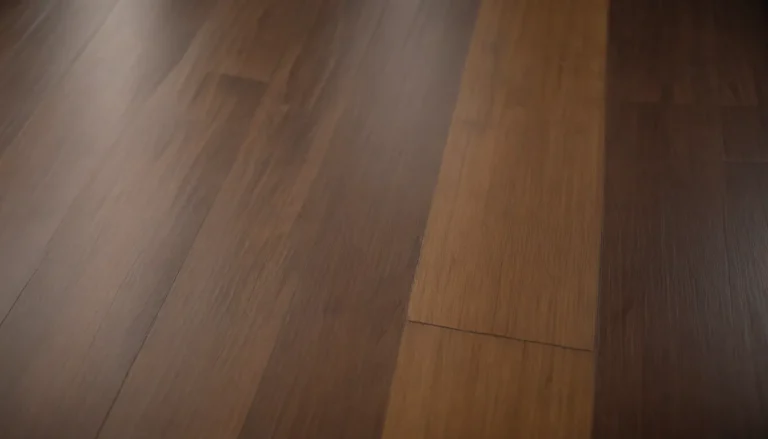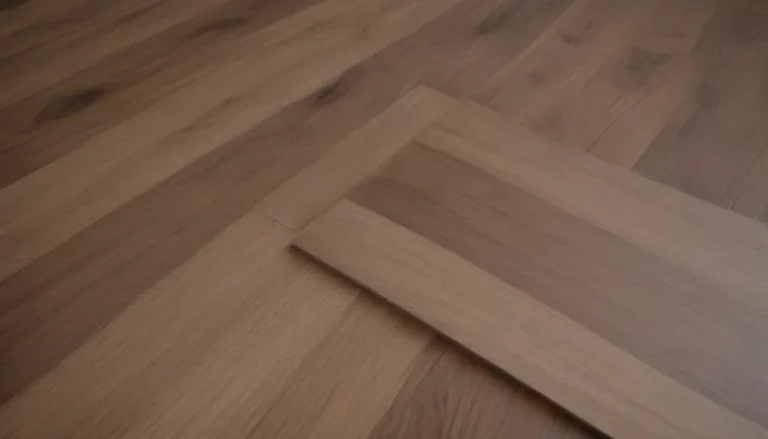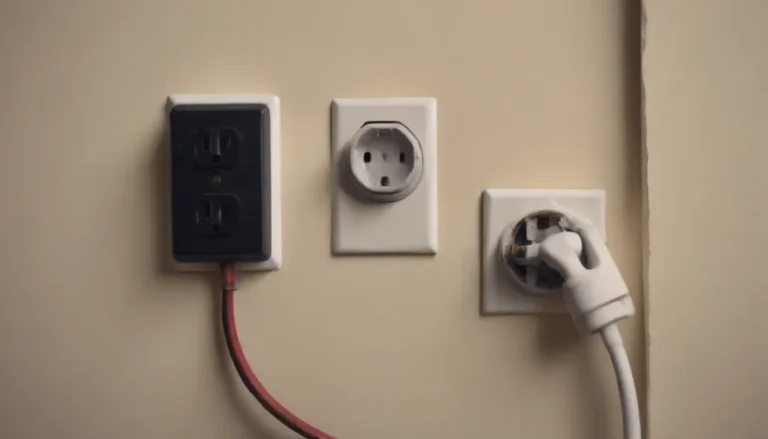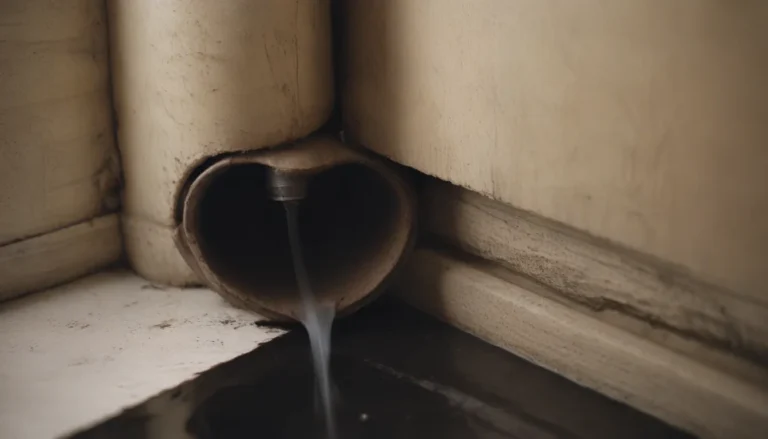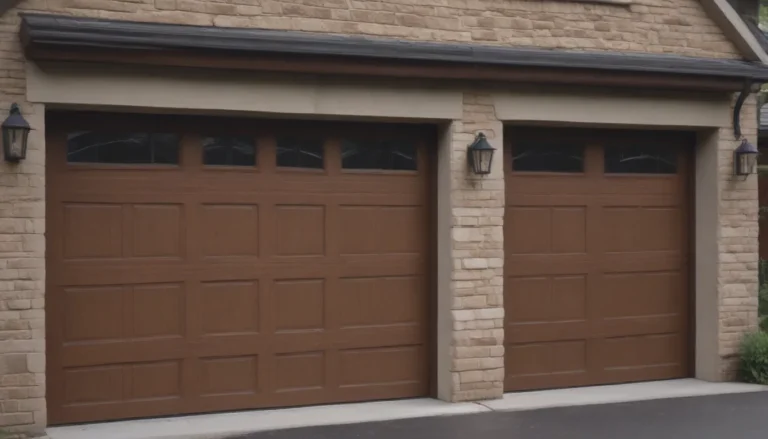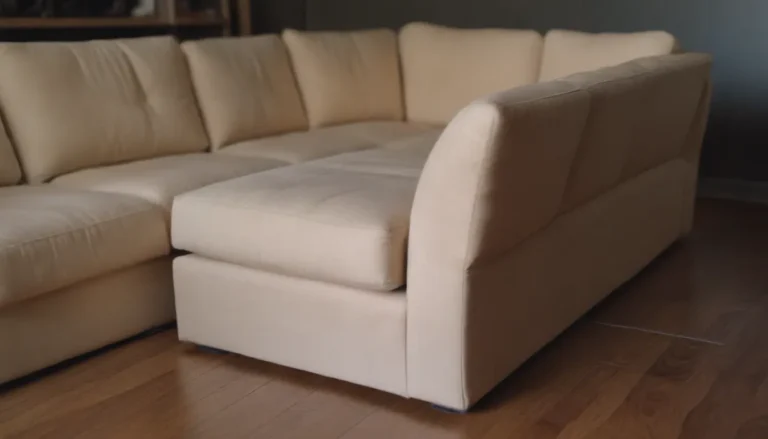Everything You Need to Know About Hurricane Windows

Welcome to our comprehensive guide on hurricane windows, also known as stormproof windows or hurricane-proof windows. In this article, we will delve into the intricacies of these specially designed windows that are crafted to protect your home during severe storms. Are hurricane windows the right choice for your home? Let’s find out together.
What Are Hurricane Windows?
Hurricane windows are a specialized type of windows engineered to withstand the powerful forces of a hurricane. These windows are designed to resist high winds and shattering caused by flying debris, keeping your home safe and secure during a storm. The key components of hurricane windows include laminated glass and tempered glass.
Laminated Glass
Laminated glass consists of a clear plastic sheet sandwiched between two layers of glass. This construction strengthens the window and ensures that even if the glass breaks, the pieces remain held together by the plastic sheet.
Tempered Glass
Tempered glass, also known as safety glass, is manufactured through a heating process that makes it much stronger than standard glass. When broken, tempered glass shatters into tiny pieces instead of large, sharp shards.
How Do Hurricane Windows Work?
Hurricane windows utilize impact-resistant glass treated with specially designed film to enhance their durability. The glass panes are joined with an interlayer of PVB (polyvinyl butyral) or EVA (ethylene-vinyl acetate), providing additional strength and resilience against impacts. This allows the windows to crack in a fine, spider-web pattern rather than shattering into dangerous shards of glass.
The primary function of hurricane windows is to maintain the integrity of your home during a storm by preventing sudden pressure changes that can lead to structural damage. By keeping the windows and doors intact, these windows help mitigate the risks of roof blow-offs and wall collapses.
Benefits of Hurricane Windows
Hurricane windows offer a range of benefits that make them a valuable investment for homeowners in storm-prone areas. Some of the key advantages of hurricane windows include:
- Wind resistance: Withstand high wind speeds during storms
- Impact resistance: Resist shattering from flying debris
- Longevity: Durable and long-lasting
- Noise reduction: Reduce outside noise infiltration
- UV protection: Block harmful UV rays
- Home security: Enhance security against intruders
- Energy efficiency: Improve energy efficiency of your home
- Insurance savings: Qualify for discounted homeowners insurance rates
When purchasing hurricane windows, look for models approved for the building code standards in your region to ensure they meet the necessary requirements for storm protection.
Disadvantages of Hurricane Windows
While hurricane windows offer various benefits, they also come with some drawbacks to consider before making a decision. Some disadvantages of hurricane windows include:
- Costly: Higher initial investment compared to standard windows
- Depends on region: May not be necessary in all areas
- Discoloration: Potential for fading or discoloration over time
- Visibility: Reduced visibility due to thicker glass layers
- Aesthetics: May not fit the design aesthetic of all homes
- Natural light: Reduced natural light due to thicker window construction
Hurricane Windows vs. Impact Windows
It’s essential to distinguish between hurricane windows and impact windows when considering storm protection for your home. While hurricane windows are designed to resist high winds, impact windows provide additional protection against flying debris due to their multiple laminated layers. Impact windows are a subset of hurricane windows and are specifically engineered to withstand both wind and impact forces.
For optimal protection, consider investing in impact-resistant hurricane windows that meet stringent requirements for surviving impacts from large missiles while maintaining the integrity of the window glazing and framing.
How Much Do Hurricane Windows Cost?
The cost of hurricane windows is higher than that of standard windows due to their specialized construction. The price of installing hurricane windows in an entire home can range from $3,435 to $17,679, with a national average of $10,548. The cost per window varies based on the type of window and framing chosen, with fixed windows ranging from $100 to $1,600 per window and double-hung windows ranging from $450 to $1,700 per window.
While the initial investment in hurricane windows may increase your construction costs, the long-term benefits outweigh the costs. By preventing storm damage and potentially qualifying for insurance discounts, hurricane windows can offer significant savings and peace of mind during storm seasons.
Who Needs Hurricane Windows?
Residents in hurricane-prone regions, particularly those living in coastal areas along the Southeast, Gulf Coast, and East Coast, can benefit greatly from installing hurricane windows. These regions are at higher risk of severe hurricanes, making hurricane windows a worthwhile investment for protecting homes and ensuring safety during storms.
Are Hurricane Windows Worth It?
If you reside in an area threatened by severe hurricanes, investing in hurricane windows can be a wise decision. Hurricane windows not only provide safety and protection during storms but also offer long-term cost efficiency through insurance savings and energy efficiency improvements. Studies have shown the effectiveness of polymer interlayers for glass lamination in enhancing the performance of hurricane windows, making them a reliable choice for storm protection.
In conclusion, hurricane windows are a valuable investment for homeowners in hurricane-prone regions, offering both protection and peace of mind during severe weather events. By weighing the benefits and drawbacks of hurricane windows and considering their costs and benefits, you can make an informed decision on whether they are the right choice for your home.
References:
– Teotia, Meenu and Soni, R.K. Polymer interlayers for glass lamination—a review. International Journal of Science and Research. 2014;3(8):1265-1266.
– Barbato, Michele, et al. Performance-based hurricane engineering (PBHE) framework. Structural Safety. 2013;45:24-35. doi:10.1016/j.strusafe.2013.07.002
– 1626.2 Large Missile Impact Tests. Florida Building Code. How Much Do Hurricane Windows Cost? HomeAdvisor.
